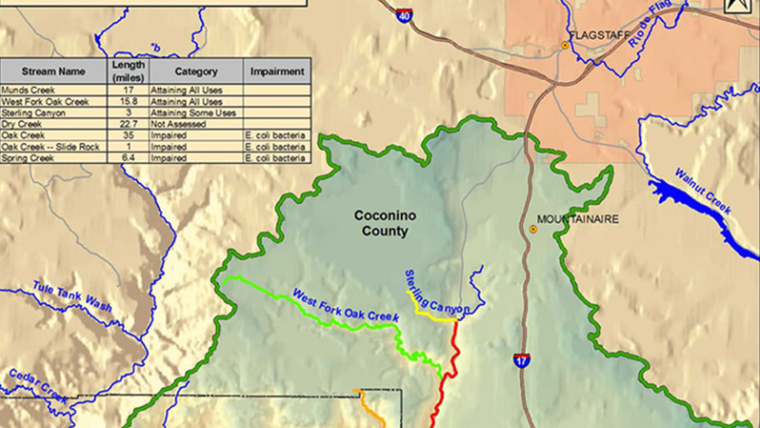

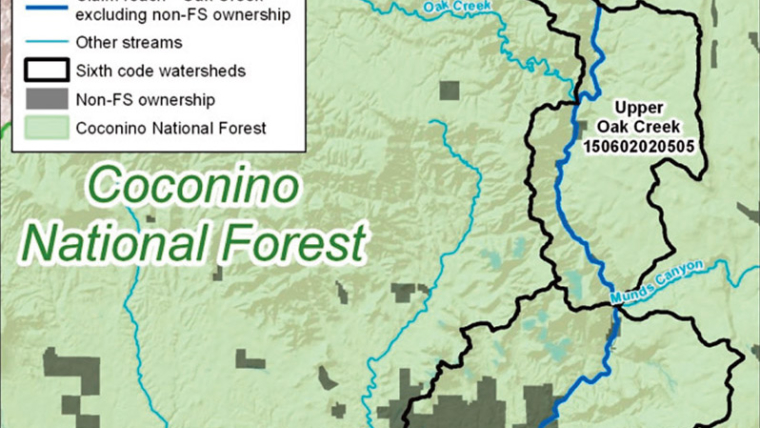
Map is provided by the U.S. Forest Service.
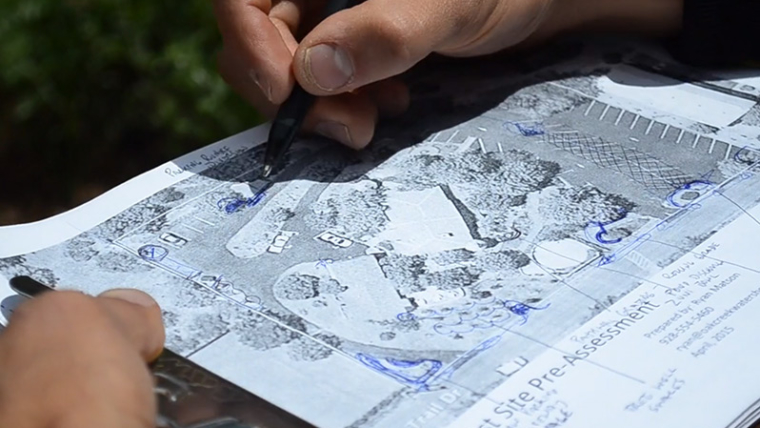
Put A L.I.D. On It, showcasing Green Infrastructure and Low Impact Development techniques.
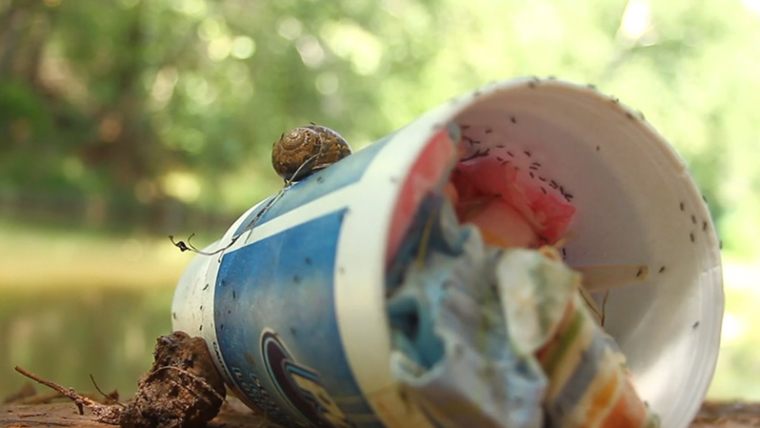
Loved to Death: The Story of Oak Creek from Oak Creek Watershed Council on Vimeo.

The Oak Creek Watershed is about 300,000 acres. It has long been celebrated nationally and internationally as a year-round destination. Trails for hiking and horseback riding, campsites, and settings for wildlife-watching abound. Cool shady pools of water provide an ideal setting for water recreation and a refuge from the dry, hot, prehistoric surroundings. There are two federally designated wilderness areas…

The objective of the Oak Creek Community Outreach Program (OCCOP) is to raise the awareness level, particularly of those living or recreating in the proximity of Oak Creek, regarding the consequences to littering and pollution, as well as changing the outdoor behavior of all visitors to Oak Creek. Keeping Oak Creek Clean and Healthy The objective of the Oak Creek…
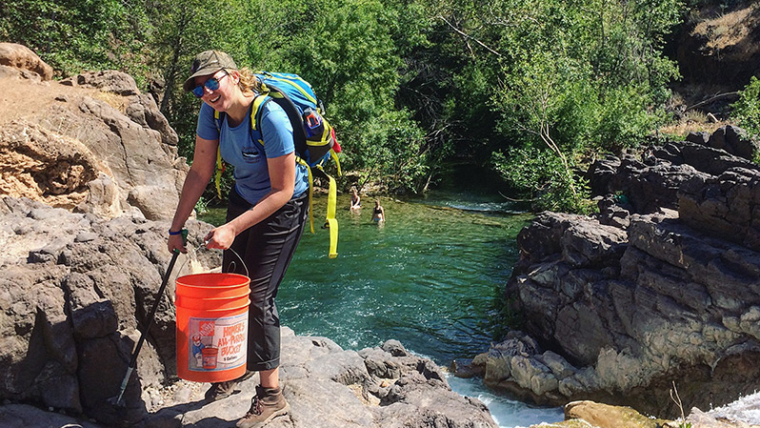
Ambassadors 2021 The Oak Creek Watershed Ambassadors offer educational and volunteer experiences to engage groups and individuals in the critical work of protecting Oak Creek. Through stewardship events, educational outreach, and stream-side contact with recreators, the Ambassadors promote watershed protection through responsible recreation. They also maintain pet waste stations to reduce pollution and monitor water quality. Ambassadors 2019-2020 In 2020,…
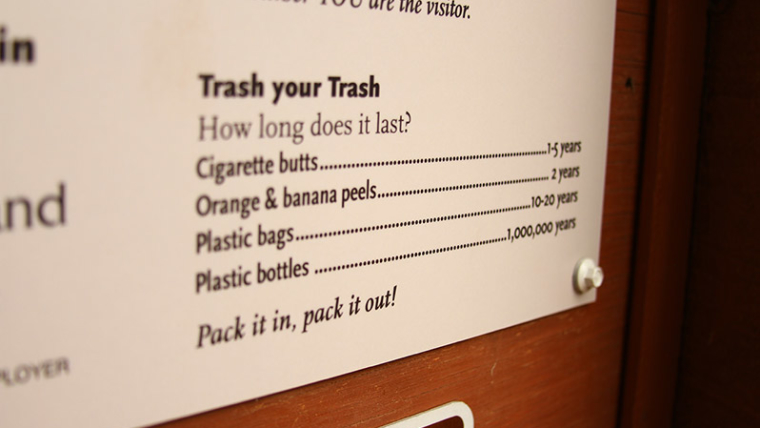
Oak Creek Watershed Council embraces the philosophy of Leave No Trace. According to Wikipedia, Leave No Trace is a set of principles for participation in outdoor recreation that seeks to minimize the impact on the natural environment. Proponents of Leave No Trace believe that individual impacts caused by recreation can accumulate to degrade the land. Therefore, the Leave No Trace…
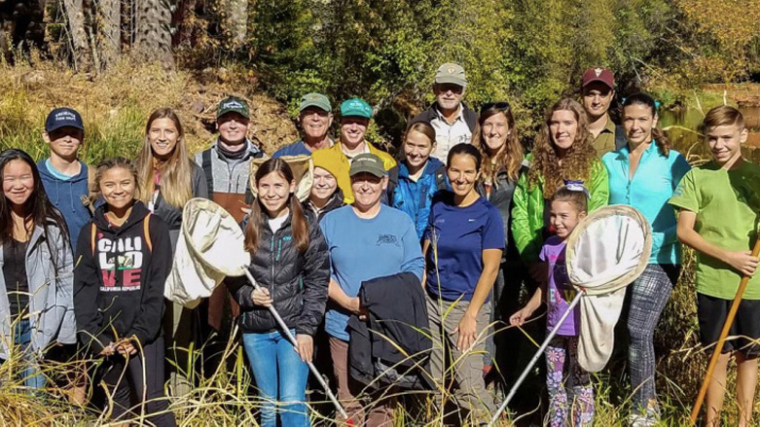
Soil erosion is impacting the ecological health of Oak Creek. When excessive sediment settles on the stream bottom it suffocates aquatic insects (a.k.a. benthic macroinvertebrates) that are key food prey items for fish and other wildlife. Sediment also serves as a reservoir for fecal contaminants (E. coli bacteria). Sedimentation occurs from erosion, which can be contributed to over-use of swimming…
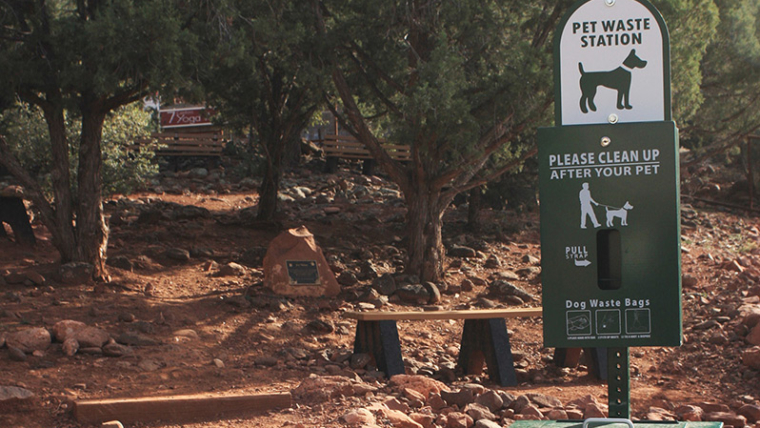
Every gram of dog feces contains an average of 23 million E.coli bacteria, which poses a health threat for recreators swimming in Oak Creek. The PWS program identified locations within the Oak Creek corridor as potential sites for pet waste stations. While we do not know how many pets may live in or visit the Oak Creek Watershed each year,…
